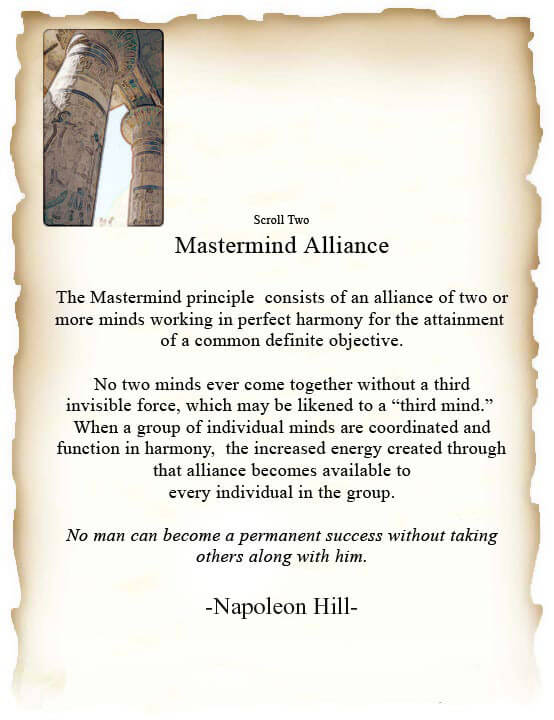{latest in a developing series on Smashing Paradigms}
For my story-telling explanation of the definition of a Paradigm, see “What is a Paradigm“.
One way of defining a paradigm is “an unconsciously held belief that limits us from fresh thinking” or “we’ve always done it this way”

(c) smasherofficial.com
Today I come back to what it takes to be a leader, about #OpenLeadership, and about challenging paradigms that have leader believe they need to have all the answers, to be omniscient, all powerful in order to lead. Smash that out of sight, please !
So, the other day I wrote a post about “Yūgen”, and started it by acknowledging the friend who had shared this remarkable word with me, and by noting :
“I believe in surrounding myself with people smarter than me, with different interests, but who are equally passionate about learning and sharing.”
This also got me to reflecting on the fact that I have often encouraged leaders to “surround yourself with people smarter than you are”.
In “Forget knowledge, simply lead“, I wrote :
#OpenLeadership means leaders have only to do two things well :
- Be the Keeper of the Vision
- Create and, with the utmost care and strength, maintain an environment, a container, in which people collaborate, create and, with a fully flowing network effect, both ask and answer all the questions the organisation needs answered, all of which used to sit with the CEO.
In other words, you don’t need the answers, you only need to know people who do.
One last piece on this, from Napoleon Hill, decades before his time on self-development and self-knowledge. This from “Think and Grow Rich”, on Henry Ford, who was being questioned in a legal deposition :
“in reply to a particularly offensive question, he leaned over, pointed his finger at the lawyer who had asked the question, and said, “If I should really WANT to answer the foolish question you have just asked, or any of the other questions you have been asking me, let me remind you that I have a row of electric push-buttons on my desk, and by pushing the right button, I can summon to my aid men who can answer ANY question I desire to ask concerning the business to which I am devoting most of my efforts. Now, will you kindly tell me, WHY I should clutter up my mind with general knowledge, for the purpose of being able to answer questions, when I have men around me who can supply any knowledge I require?”
There certainly was good logic to that reply. That answer floored the lawyer. Every person in the courtroom realized it was the answer, not of an ignorant man, but of a man of EDUCATION. Any man is educated who knows where to get knowledge when he needs it, and how to organize that knowledge into definite plans of action. Through the assistance of his “Master Mind” group, Henry Ford had at his command all the specialized knowledge he needed to enable him to become one of the wealthiest men in America. It was not essential that he have this knowledge in his own mind. “
So, thank you to my friend for spurring this thinking in me. Also a reminder of my passion for the power of peer groups, which all started when I read Napoleon Hill, who innovated peer groups through the “Master Mind” concept back in the 1930s.
If you are interested in joining a peer group, I chair one myself that meets in the City of London (more information at my “Working with Me” page on this site. I would also be happy to talk to you, wherever you are, to support you in choosing your own “Master Mind” group.

